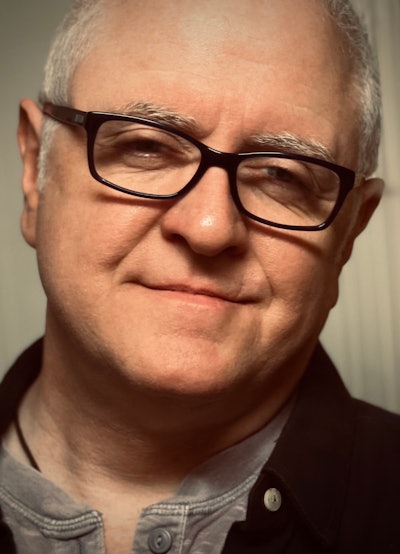 Dr. Sean G. Massey
Dr. Sean G. Massey
Massey, an associate professor of women, gender, and sexuality studies at Binghamton University, a State University of New York (SUNY) institution, is leading research on the Gay Men’s Health Crisis History Project.
“One of the things I’ve been able to do is bring stories and, in some ways, convey a vividness or emotion about the times we’re talking about,” says Massey, who teaches a course in LGBTQ history.
Massey also co-facilitates the Binghamton Human Sexualities Lab with three colleagues. Undergraduate students engage in research about a wide range of subjects including the Gay Men’s Health Crisis (GMHC) History Project. GMHC, which still exists, is a community-based AIDS service organization in New York City, where Massey volunteered from 1988 into the late 1990s.
“I’m writing a book about GMHC, about the time from the beginning of the epidemic to a few years after protease inhibitors,” Massey says. “It’s about the challenges the organization and the people working and volunteering there faced as the AIDS epidemic changed — also, dealing with what an epidemic means.”
A team of about six students is working with Massey. They read archival materials, such as newsletters, board meeting minutes, and reports from volunteers and workers helping people with AIDS, some of whom were facing imminent death. The project involves collecting oral histories from former GMHC staff and volunteers. About 70 stories have been collected so far.
“It’s been incredibly moving and, I think, transformative for the students,” Massey says. “The working title of the book is The Most Important Thing I Ever Did because most of the interviews we’ve done — with all that trauma and all that stress and pain that these volunteers and staff went through — they also talk about it being formative in their lives. It transformed them and everything they are today is because of that experience. This is part of what the students get to hear about and bear witness to, which is pretty powerful.”




















